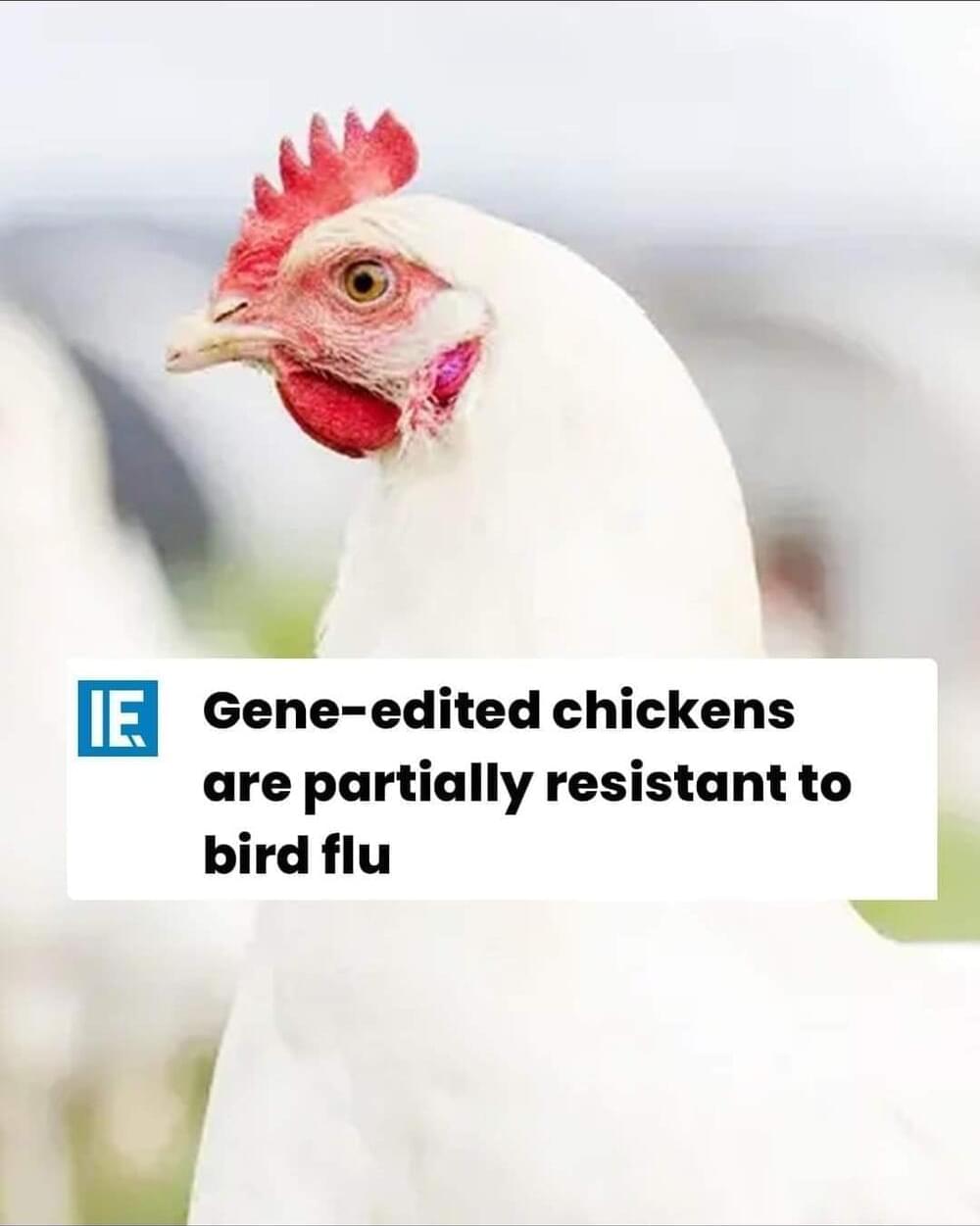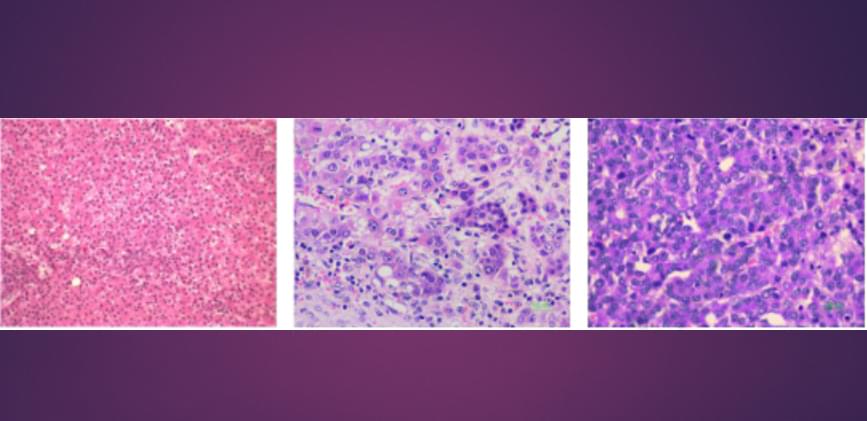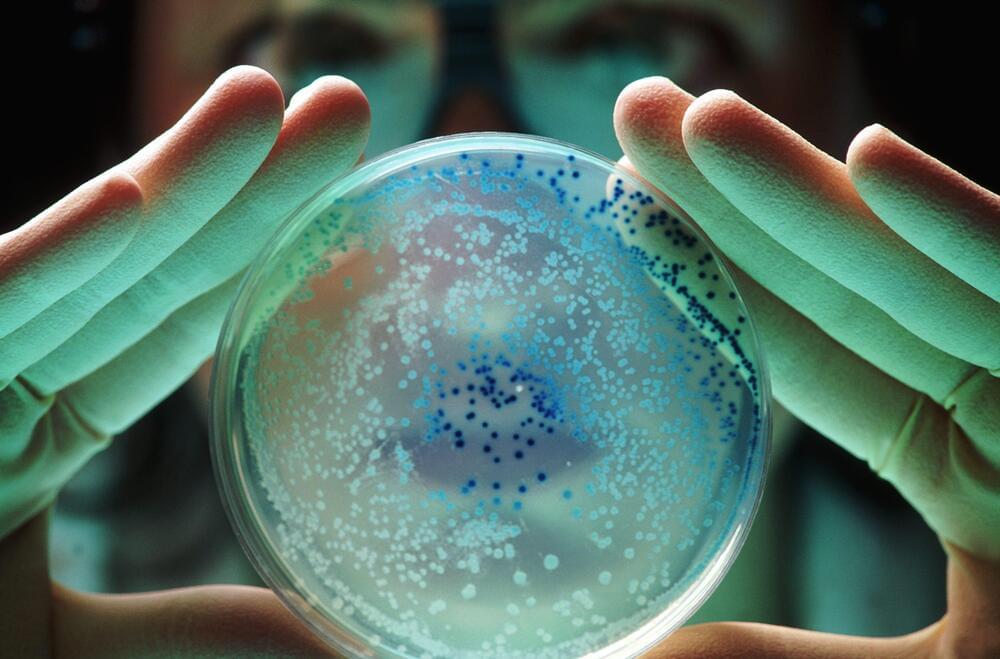For about 25 years, bird flu viruses typically originated in Asia – but the virus that began spreading in 2021 arose in Europe and Africa.
By Grace Wade

For about 25 years, bird flu viruses typically originated in Asia – but the virus that began spreading in 2021 arose in Europe and Africa.
By Grace Wade

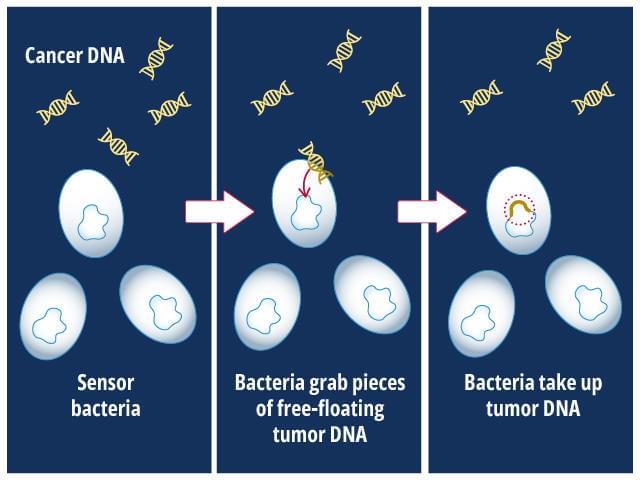

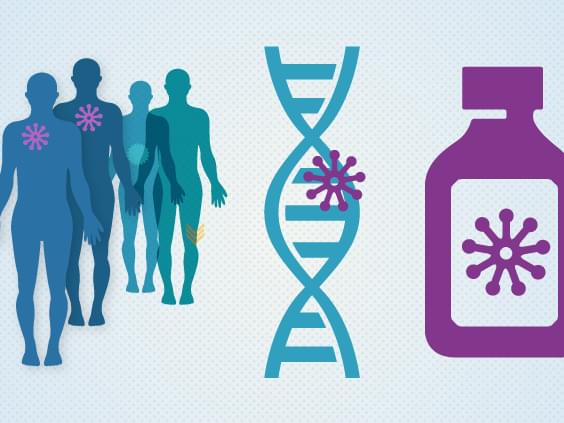

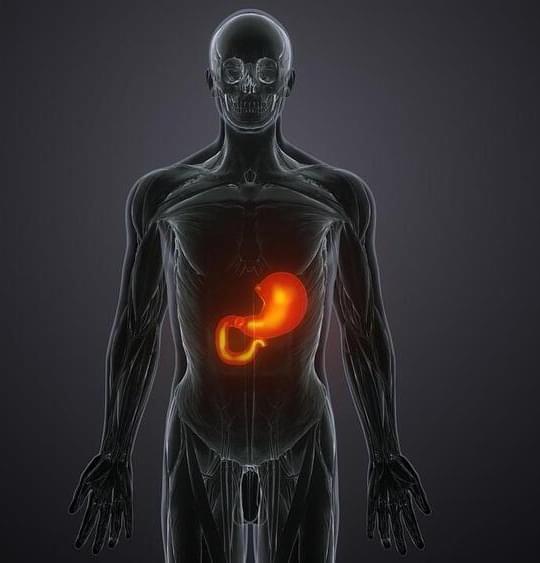
A recent publication in Cell demonstrates that arginine, an amino acid that facilitates various cellular processes, including cellular growth, also promotes tumor growth. The study shows that arginine reprograms the metabolism of the tumor, a mechanism that many cancer cells use to replicate continuously.
The liver’s primary functions include metabolizing nutrients obtained from food and storing energy for later use by the body. Thus, the liver is highly involved in the body’s metabolic balance.
Over the past two decades, a growing body of evidence suggests cancer is a metabolic disease. Almost all cancers, regardless of the tissue in which they develop, have an impairment in energy metabolism.
